Fraud Alert - Beware of Fraudulent CPR Courses

How Do I Know If A Class Is Fraudulent?
Over the past few years, there has been a rash of fraudulent American Heart Association training courses throughout California & the United States. Here is a guide that will assist you.
If you have taken a fraudulent course or if you think a course you are about to take is fraudulent, it is your personal responsibility as a good citizen to report it to the American Heart Association.
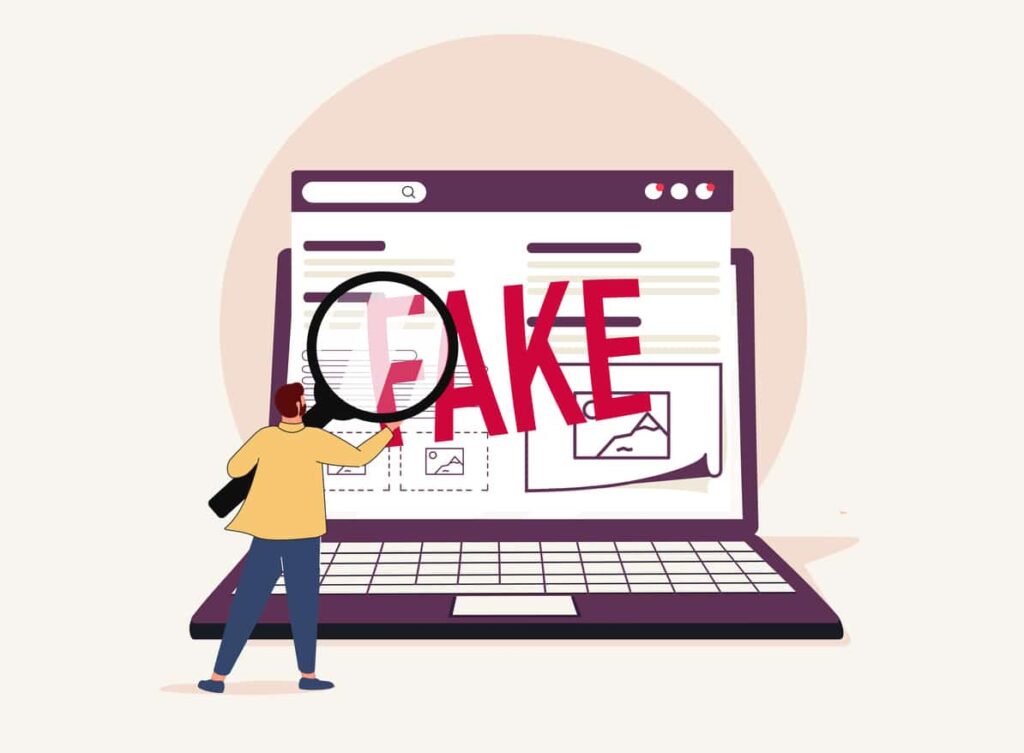
Summation of CPR Scams
- They teach classes fraudulently using any of the methods shown below.
- They don’t have a website or their website looks suspicious.
- They do not have a physical address or phone number to contact them.
- They do not have the American Heart Association logo on their website (probably means they are not affiliated with the American Heart Association).
- They issue certification cards without requiring practice on manikins.
- They do not require a book during instructor led courses.
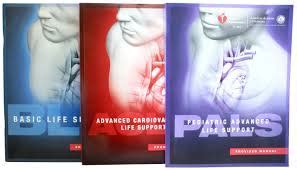
Stacking - Teaching Classes Same Time
If you are wondering how a company can teach multiple classes at the same time, it is not possible. Some companies, list BLS, ACLS, and PALS courses all starting at the exact same time. It is not possible to teach 3 different courses simultaneously, since they all have different videos.
What to do:
Email the American Heart Association at:
[email protected]

Online Only CPR Companies
The American Heart Association does not certify training courses created by other organizations. Any claims that training products or materials are “AHA Certified,” “AHA Approved,” “AHA Compliant” or “created by AHA certified” people, where the “AHA” means the American Heart Association, are not true and are usually fake websites with fake certifications. All cards must be issued by an authorized training center of the American Heart Association.
All online courses must be taken via the American Heart Association, & skills testing must be done with a certified instructor or VAM (voice assisted manikin)

Cash or Venmo Accepted Only
Beware of CPR training companies that only accept, Venmo, cash, or PayPal. Some of these companies do this to avoid paying taxes and can open and close their businesses quickly.
Also, if you pay for your CPR certification course in cash, you have no recourse if you are scammed. Be sure to pay by credit card so that you can dispute the charges, in case you are scammed and never receive your certification card.

Zoom Courses
Take the official BLS Online Heartcode or Heartsaver Online CPR and First-aid course. Then skills test with an American Heart Association Instructor over Zoom in an office with CPR manikins.
Not Acceptable Courses Over ZoomAn instructor conducts a Zoom meeting with you and you do NOT have the proper CPR manikins and AED in front of you.
ACLS or PALS skills testing over Zoom is strictly forbidden!
What to do:Email the American Heart Association at: [email protected]

Written Test Only
Many CPR companies send their students an online test from eLearning.heart.org. If you take the written test and then the fraudulent company emails you an American Heart Association certification card, you have been scammed. Beware, this is not a valid American Heart Association course. You must practice on CPR manikins to be considered a valid course.
What to do:
Email the American Heart Association at:
[email protected]
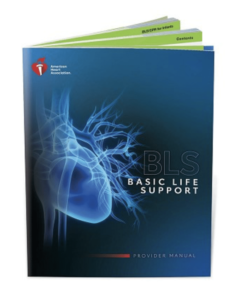
Book Policy
If you are taking an instructor-led course, according to the American Heart Association rules, you must have the book or ebook “before, during, and after the class.”
If they loan a book to you, rent a book to you, or do not ask you to buy a book, you are taking a fraudulent course.
What to do:
Email the American Heart Association at:
[email protected]
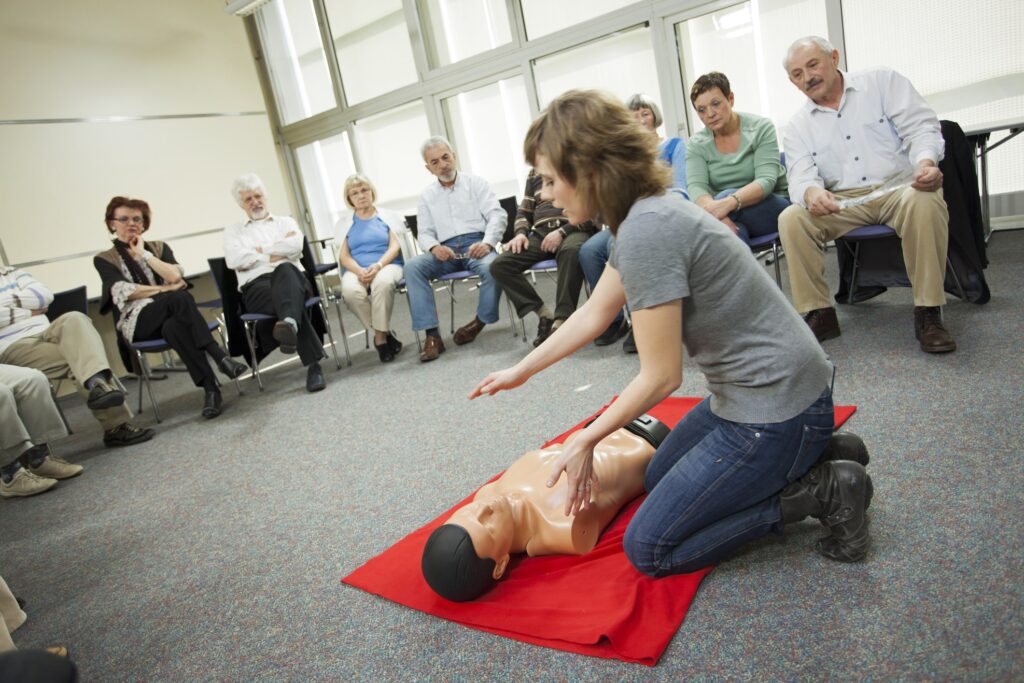
Instructor To Student Ratio
The instructor to student ratio is very important, so that the instructor can properly monitor the students during the training. If you are taking a course and there is one instructor and more than 9 students, you should alert the American Heart Association.
BLS: 1 instructor to every 9 students
ACLS: 1 instructor to every 6 students
PALS: 1 instructor to every 6 students
What to do:
Email the American Heart Association at: [email protected]
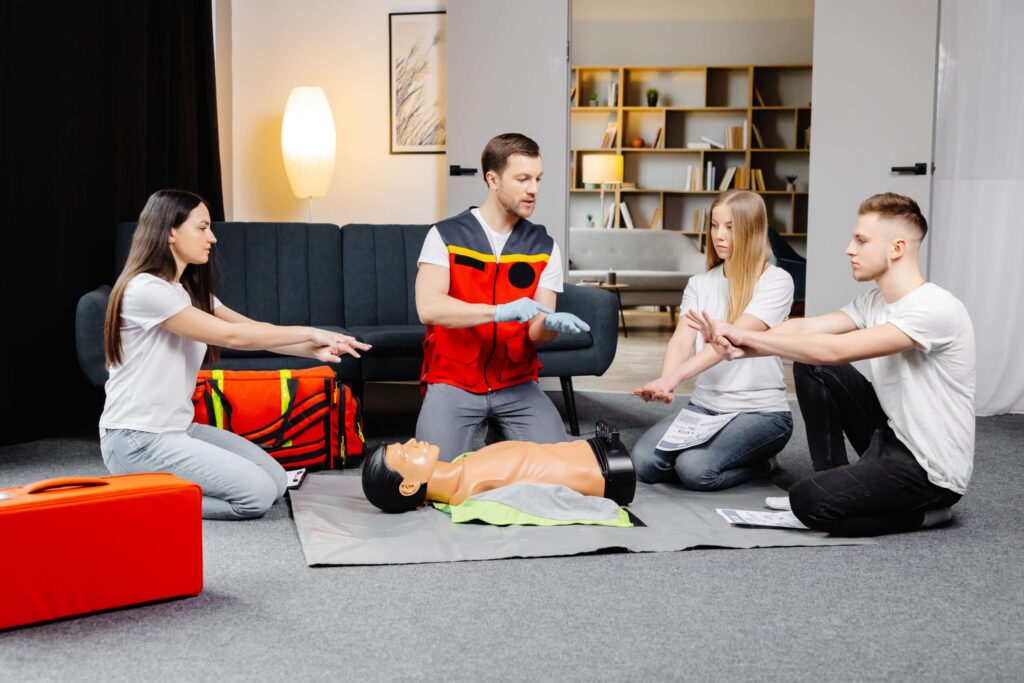
Classes Inside A Person's Home
- Fire risk, safety hazards
- Insurance
- Unprofessional conduct
- Personal safety risks

Course Length For Instructor Led Training
Many CPR companies in California teach shortened courses in order to save money. It does not matter if the class size is small or individual training one on one. In many cases, CPR companies list the start time of their course, but not the end time of their course. If the length of your course does not follow these guidelines, the course you are about to take or have taken is fraudulent.
BLS Must be: 3-4 hours, ACLS Must be 4-6 hours, PALS: Must be 4-6 hours
What to do:Email the American Heart Association at: [email protected]

Nurses And Professional Conduct
Nurses, dentists, and many medical professionals in the state of California are usually required to follow a code of ethics. If you take a CPR course that does not follow proper guidelines, it is possible that you would have to retake the course or face disciplinary action. Also, some schools and medical facilities do not accept certification cards from fraudulent CPR training schools.
If you are an administrator, you should make sure that you are sending your staff to a reputable American Heart Association Training Center. You would not want your organization to be in a news story (see below).

Fraudulent CPR Training In The News
Resuscitation Quality Improvement by the American Heart Association
To be 100% sure that you are taking a valid American Heart Association course, we recommend you attend the American Heart Association BLS CPR, ACLS, or PALS Heartcode course. This involves taking the official AHA Heartcode online course, and then skills testing on the VAM (voice assisted manikin) or virtual instructor. After the training, all students will receive the official American Heart Association certification card that is valid for two years.
Safety Training Seminars offers these courses in over 65 cities throughout Northern California. Our American Heart Association license number is 20784. We have been in business since 1989 and we are trusted by the leading medical and healthcare organizations in California. Over 60,000 students per year trust Safety Training Seminars and come back to us year after year.